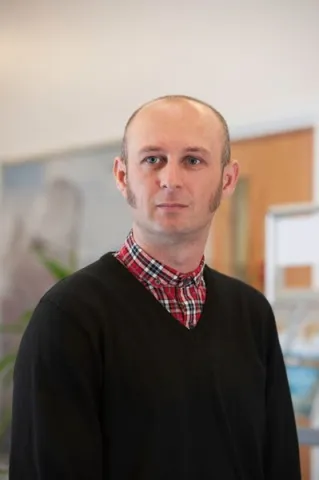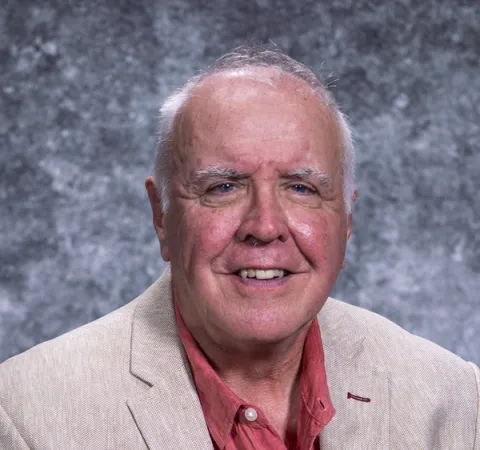Project overview
‘Popular Understandings of Politics in Britain’ was a research project funded by the Economic and Social Research Council and based at the University of Southampton with team members in Geography and Politics. It ran from October 2014 to June 2016. In a context of apparently recent disenchantment and disengagement from politicians, political parties, and elections in Britain, the project aimed to understand better what and how British citizens have thought about formal politics since the Second World War. Here are more details of the project as it was originally conceived:
There is alienation and withdrawal from formal politics in many countries at the present time. In Britain, election turnout, party membership, and trust in politicians are all declining. Projects to renew democracy have struggled because the causes for such disenchantment and disengagement are not clear.
Numerous possible explanations for the rise of anti-politics have been put forward since the 1950s. Partisan dealignment, postmodernisation, the decline of social capital, and consumerisation are examples of social change that have shaped public attitudes towards formal politics. Two-party decline, globalisation, the modernisation of electoral campaigning and media culture illustrate shifts in the political process that have influenced the relationship between citizens and politicians.
This project aims to offer two original contributions to debates in this area: more citizen voices; and analysis of datasets going back beyond the 1960s.
Bringing together human geographers, political scientists, historians and scholars of culture and society, this project explores what and how British citizens have thought about formal politics since the late 1930s.
Objectives include: to establish the range of popular understandings of politics among British citizens; to establish changes in prominence of certain popular understandings over time; and to suggest causes for these changes.
The research will include: a contextual review of existing survey data from Gallup, Ipsos-MORI, and National Opinion Polls; analysis of qualitative data found in the Mass Observation Archive; and integration of this historical research with existing research on political engagement in twenty-first century Britain.
There is alienation and withdrawal from formal politics in many countries at the present time. In Britain, election turnout, party membership, and trust in politicians are all declining. Projects to renew democracy have struggled because the causes for such disenchantment and disengagement are not clear.
Numerous possible explanations for the rise of anti-politics have been put forward since the 1950s. Partisan dealignment, postmodernisation, the decline of social capital, and consumerisation are examples of social change that have shaped public attitudes towards formal politics. Two-party decline, globalisation, the modernisation of electoral campaigning and media culture illustrate shifts in the political process that have influenced the relationship between citizens and politicians.
This project aims to offer two original contributions to debates in this area: more citizen voices; and analysis of datasets going back beyond the 1960s.
Bringing together human geographers, political scientists, historians and scholars of culture and society, this project explores what and how British citizens have thought about formal politics since the late 1930s.
Objectives include: to establish the range of popular understandings of politics among British citizens; to establish changes in prominence of certain popular understandings over time; and to suggest causes for these changes.
The research will include: a contextual review of existing survey data from Gallup, Ipsos-MORI, and National Opinion Polls; analysis of qualitative data found in the Mass Observation Archive; and integration of this historical research with existing research on political engagement in twenty-first century Britain.
Staff
Lead researchers
Other researchers
Collaborating research institutes, centres and groups
Research outputs
Viktor Orri Valgarðsson, Nick Clarke, Will Jennings & Gerry Stoker,
2021, Political Studies, 69(4), 858-880
Type: article
Nicholas Clarke, William Jennings, Jonathan T Moss & Gerard Stoker,
2021, Political Studies, 71(1), 106-124
Type: article
Jonathan Moss & Nicholas Clarke,
2021, Contemporary British History, 35(4), 545-568
Type: article
Nicholas Clarke & Jonathan Moss,
2021, Transactions of the Institute of British Geographers, 46(3), 732-746
DOI: 10.1111/tran.12444
Type: article
Nick Clarke, Will Jennings, Jonathan Moss & Gerry Stoker,
2018
Type: book
William Jennings, Nicholas Clarke, Jonathan T. Moss & Gerry Stoker,
2017, Public Opinion Quarterly, 81(3), 748-758
DOI: 10.1093/poq/nfx020
Type: article
Nicholas Clarke, Will Jennings, Jonathan Moss & Gerry Stoker,
2017, Political Geography, 56(1), 13-23
Type: article


